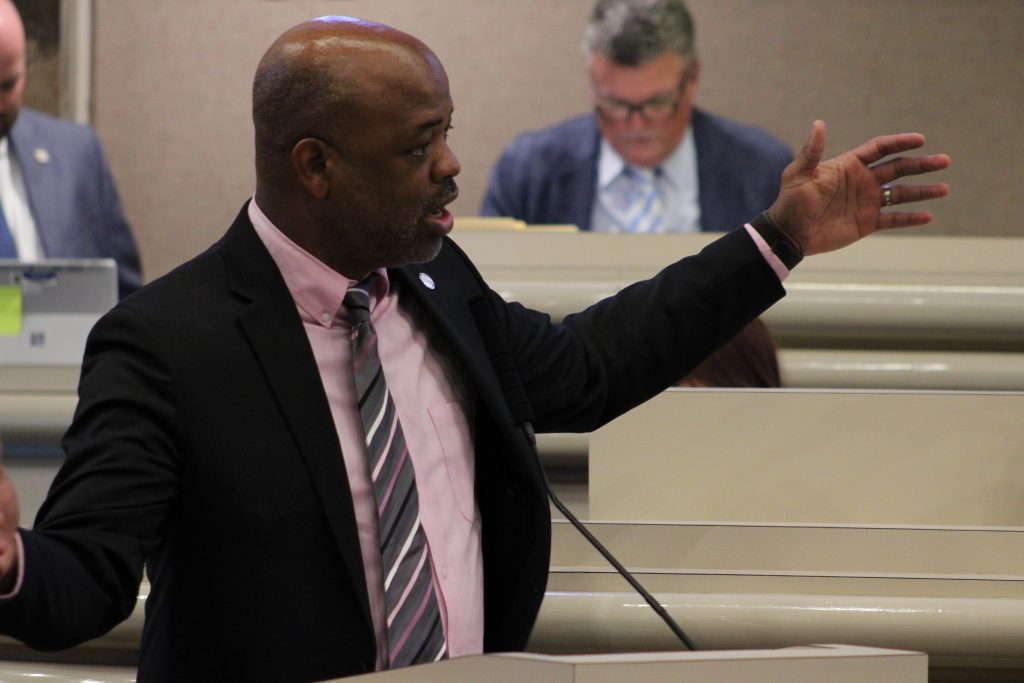
Alabama lawmakers are considering changes to the Simplified Sellers Use Tax (SSUT), which could result in significant revenue increases for local governments and schools. The proposed adjustments come as part of two complementary bills, HB257 and HB258, which aim to address concerns about the impact of the current tax structure on local entities and education.
Under the original SSUT law enacted in 2015, a voluntary 8% tax was applied to online sellers, later becoming mandatory in January 2019. This led to a substantial increase in online sales tax revenue, benefiting both the state’s General Fund and education budgets during the pandemic. The statewide SSUT law has been successful, but some stakeholders believe that school systems, large cities, counties, and brick-and-mortar stores may be falling behind.
The new proposals aim to address these disparities by adjusting the distribution of SSUT revenue. As initially filed, HB258 suggested an 80⁄20 split between municipalities and counties, respectively. However, the bill was amended in committee to include schools, with the latest fiscal note estimating it will generate (79 million for cities)18 million for counties, and $24 million for local education boards. The distribution would favor larger municipalities while also ensuring smaller communities receive their share based on population size.
HB257, known as the tax holiday bill, has undergone modifications to reduce its fiscal impact from (28 million to approximately)14 million annually by limiting it to one day in May instead of two weekends per year and excluding powerboats from sales tax exemption. This bill was unanimously approved in committee but sparked discussions about allocating resources towards paid maternity and paternity leave for educators, with Rep. Debbie Woods highlighting the potential benefits of investing in teachers rather than solely focusing on providing tax breaks.
Despite receiving unanimous support, HB257 faced opposition during its journey through the legislature from Representatives Wood and Jamie Kiel who voted against it in committee. The latter raised concerns about the potential impact on local businesses if municipalities increased their taxes to match online rates. Supporters of the bill acknowledged criticism but framed the adjustments as an “update” to a successful program, emphasizing that Alabamians can request SSUT refunds if their local sales tax is below 8%.
The League of Municipalities, the Association of County Commissions of Alabama, and the Alabama Education Association have all expressed support for the amended version of HB258. This collaborative effort highlights a shared commitment to ensuring stable funding for essential services provided by local governments and schools across Alabama.
As the legislative process continues, these bills will be presented for a vote in the House, with powerful Rules Committee chairman Sonny Brasfield indicating their importance on the agenda. The outcome of this initiative will significantly shape the financial landscape for municipalities, counties, and educational institutions throughout the state.
